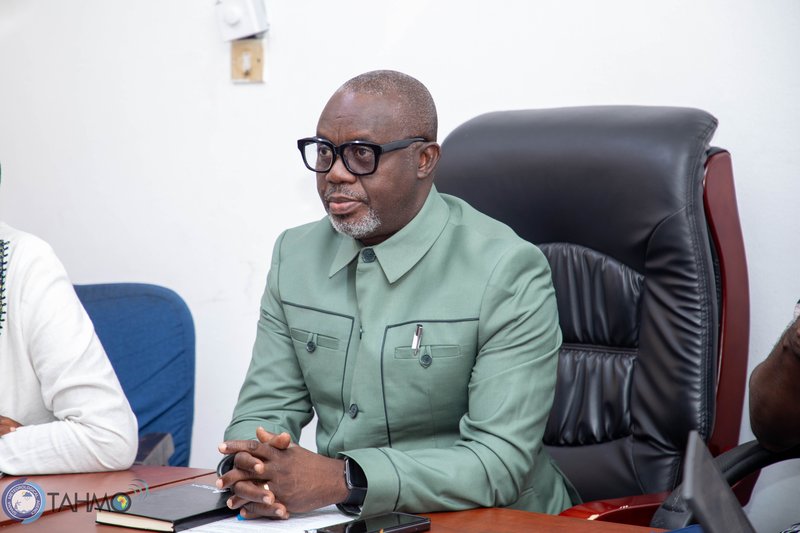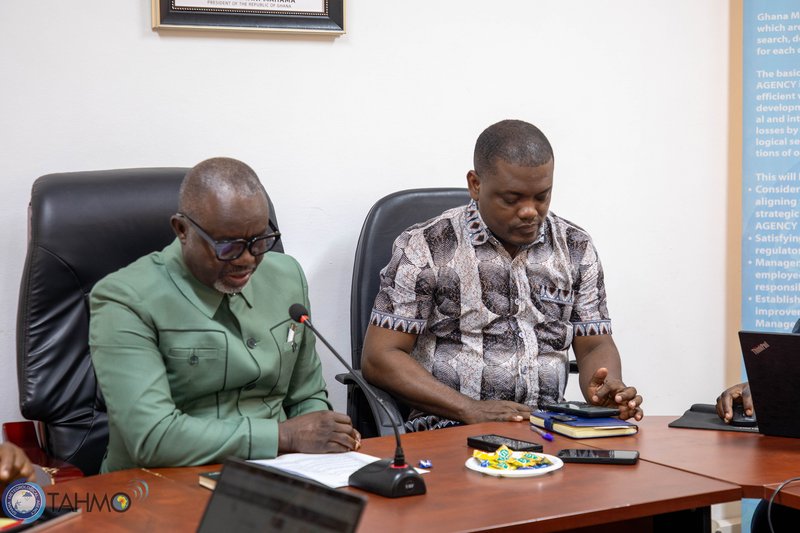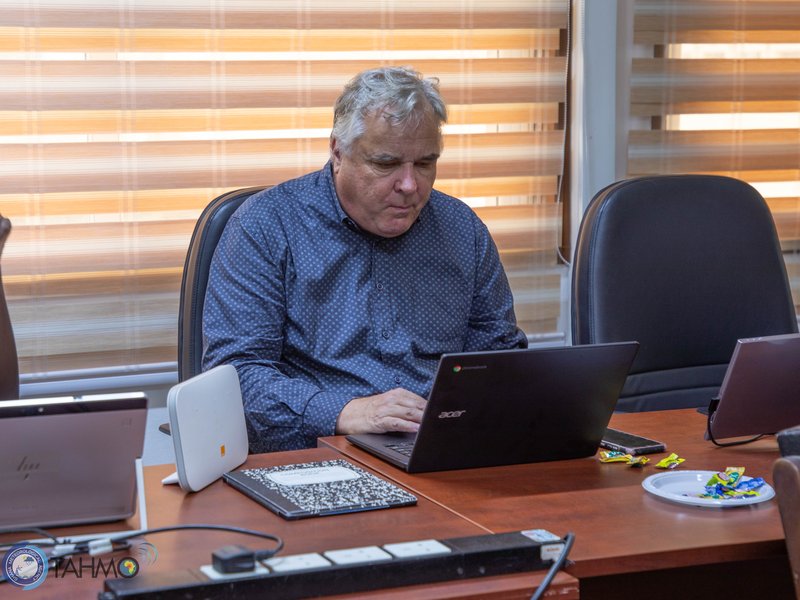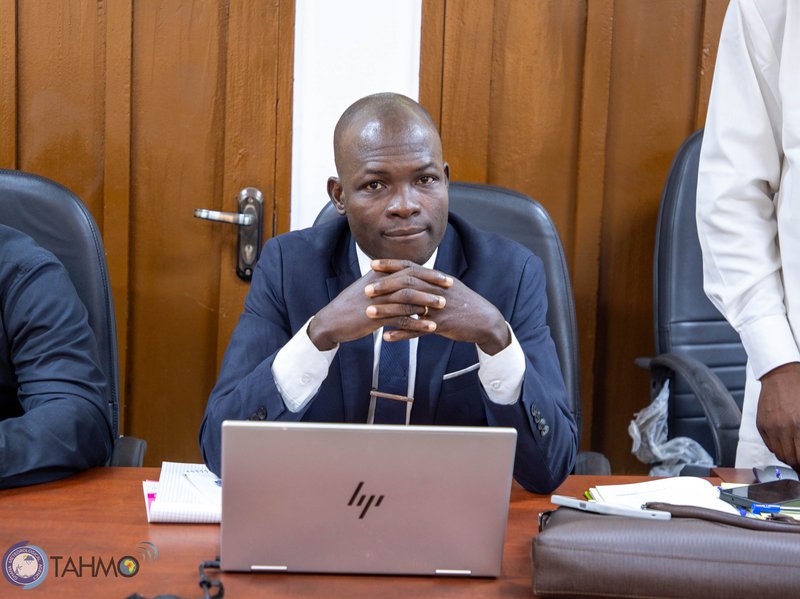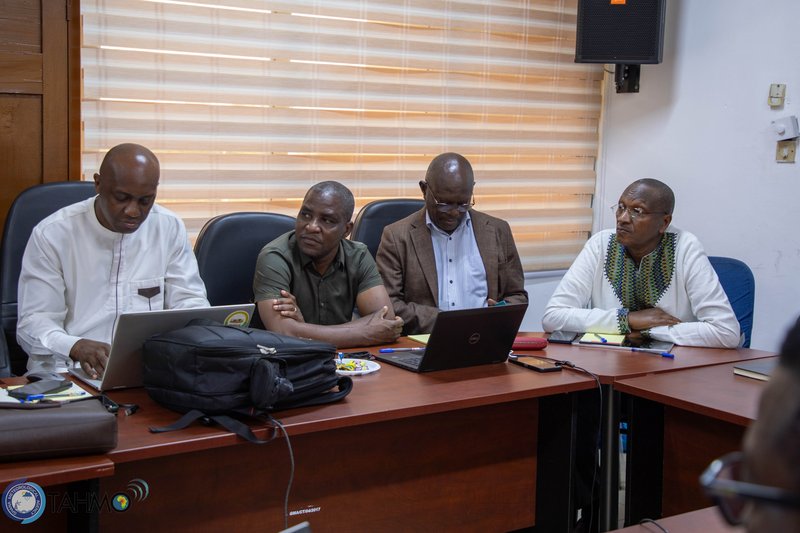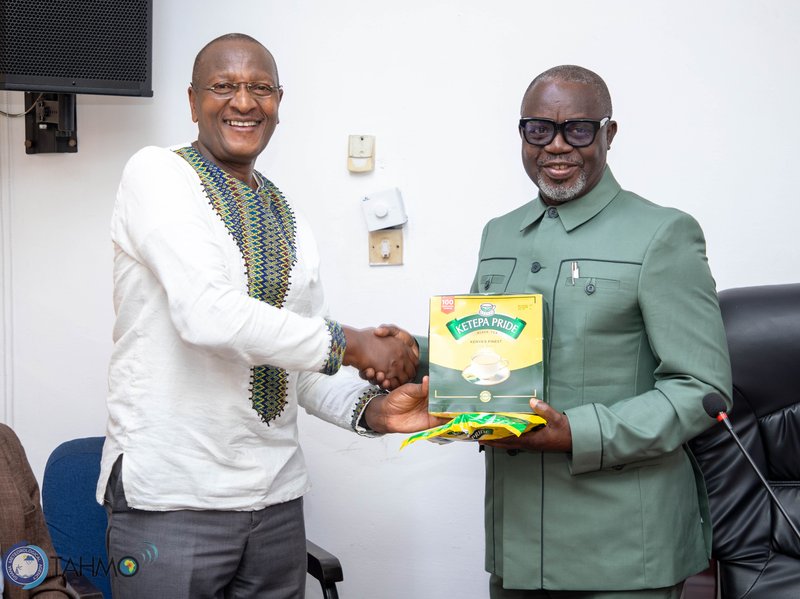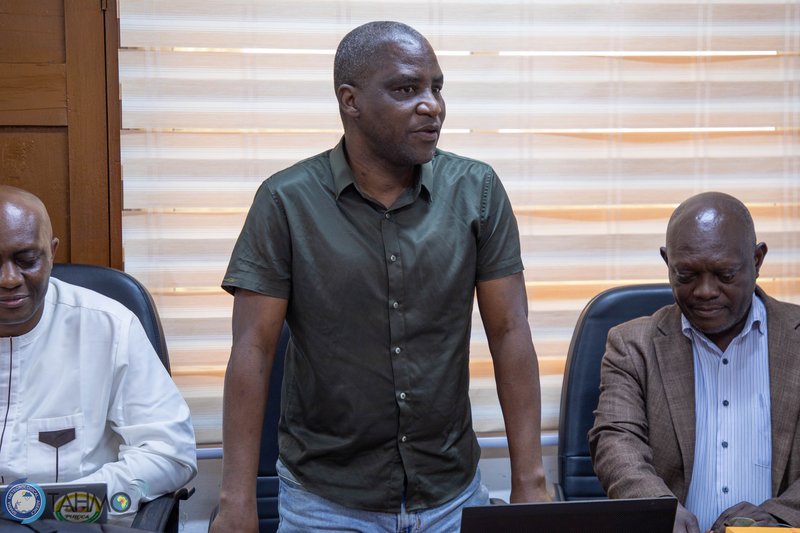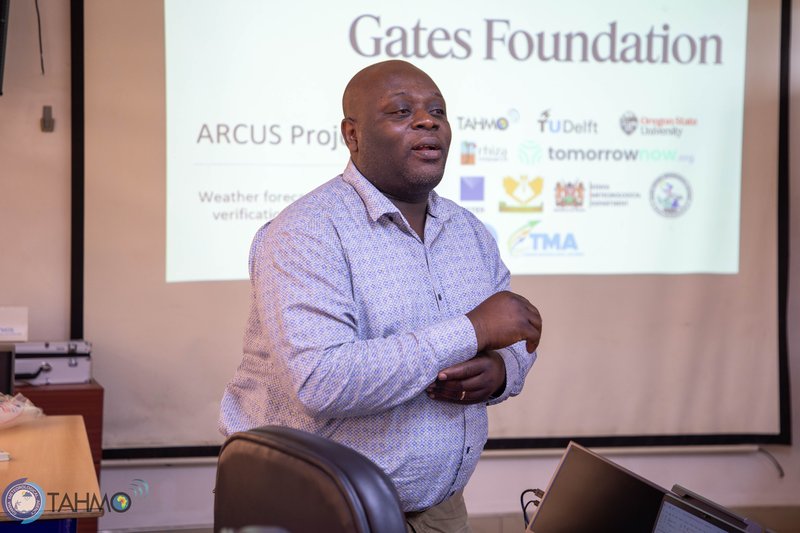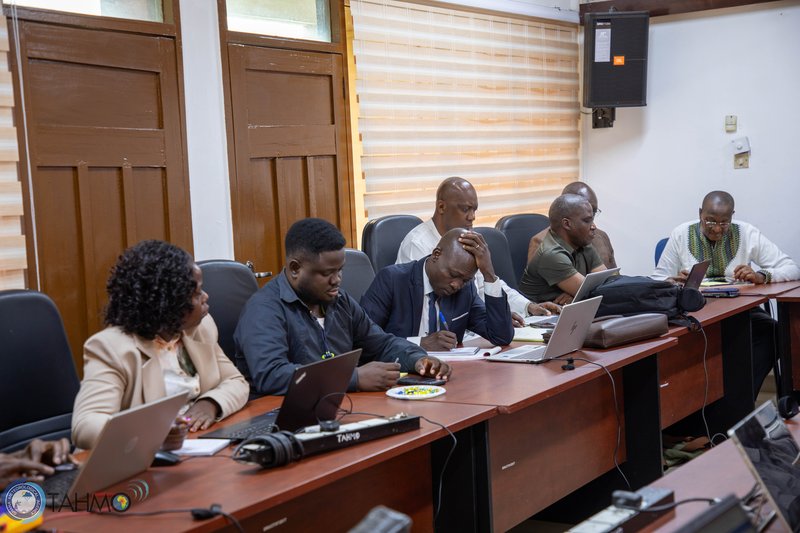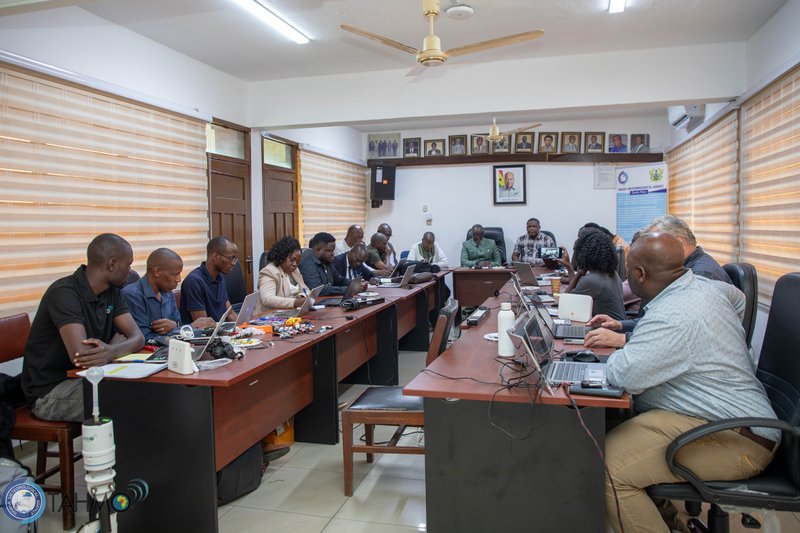GMet Hosts Second ARCUS Workshop on Quality Assurance in Automated Weather Stations -Dr. Eric Asuman calls for stronger collaboration and accurate data to confront climate change impacts across Africa.
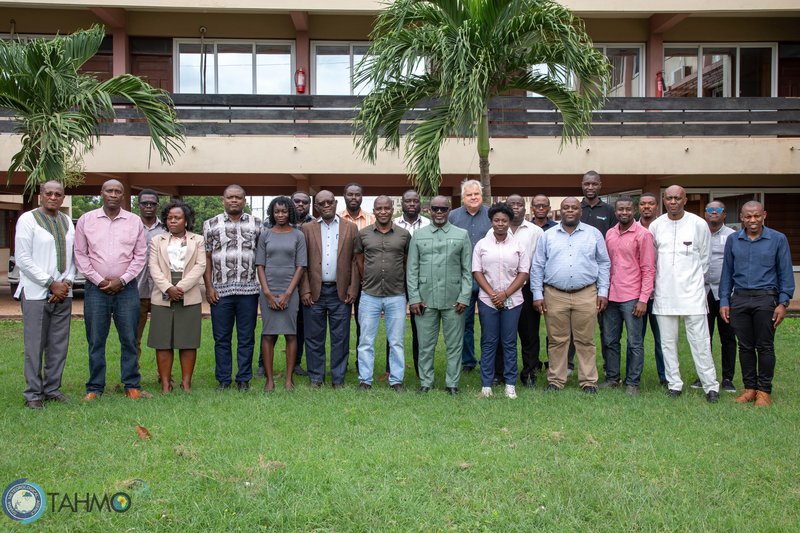
The Ghana Meteorological Agency (GMet) is hosting the 2ndARCUS Workshop on Quality Assurance and Quality Control (QA/QC) of Automated Weather Stations at its headquarters in Accra from 19th–20th August 2025. The two-day technical training, organized by the Trans-African Hydro-Meteorological Observatory (TAHMO) in collaboration with GMet, brings together participants from the Kenya Meteorological Department, the Uganda National Meteorological Authority, and Ghana Meteorological Agency and the Department of Statistical Agricultural Survey at the Ministry of Agriculture and Rural Development, Cameroon.
In his keynote remarks, Dr. Eric Asuman, Director-General of GMet, stressed that the impacts of climate change are “no longer a distant threat but our present-day reality.” He noted that Ghana, like many African countries, continues to experience more frequent and severe floods, droughts, storms, heatwaves, and coastal inundation. Recent events such as the Akosombo Dam spillage in the south and prolonged dry spells in the north, he said, have worsened food insecurity and disrupted economic stability.
“Africa accounts for 35% of global fatalities from weather, climate, and water-related disasters, yet only 40% of our population has access to early warning systems the lowest globally,” Dr. Asuman cautioned. “This shared vulnerability calls for stronger collaboration, innovation, and capacity building across the continent.”
He emphasized that accurate and high-frequency meteorological data remains the foundation for early warning systems, scientific research, and sound policymaking. Yet many National Meteorological and Hydrological Services (NMHSs), including Ghana’s, still face challenges with instrumentation and infrastructure.
Dr. Asuman described the workshop as timely and essential, as it focuses on strengthening equipment maintenance, calibration, and data integrity. He also acknowledged the long-standing partnership between GMet and TAHMO, which has expanded Ghana’s real-time observation network, while noting that gaps remain in coverage and data quality.
The workshop is designed around three hands-on objectives:
- Training participants in station battery monitoring (remotely and on-site).
- Building capacity in rain gauge calibration.
- Setting priorities for QA/QC dashboards and workflows, following up on progress made at the ARCUS workshop in Nairobi.
“These practical skills will enhance the technical capacity of our teams and ensure that weather stations across the region meet international gold standards, dependable data is critical for national and regional use.” Dr. Asuman explained.
He further announced that GMet has recently achieved ISO 9001:2015 certification for quality management systems in all climate services and is close to completing ISO/IEC 17025 accreditation for its calibration laboratory. Once finalized, this accreditation will guarantee that all meteorological instrument calibrations meet international standards, boosting data reliability and supporting the wider region.
The opening session was attended by senior officials, including the Deputy Director-General (Operations) of GMet, Dr. Ignatius Kweku Williams, representatives from TAHMO, and delegates from Uganda, Kenya and Cameroon.
Dr. Asuman encouraged participants to engage fully, collaborate, and share knowledge:
“The lessons you learn here will not only strengthen your technical expertise but also your institutions’ capacity to serve your nations. Let us work together to build a climate-smart Africa resilient, informed, and empowered by accurate data.”
The workshop continues over the next two days with intensive sessions aimed at strengthening Africa’s collective capacity in quality assurance and climate resilience.
